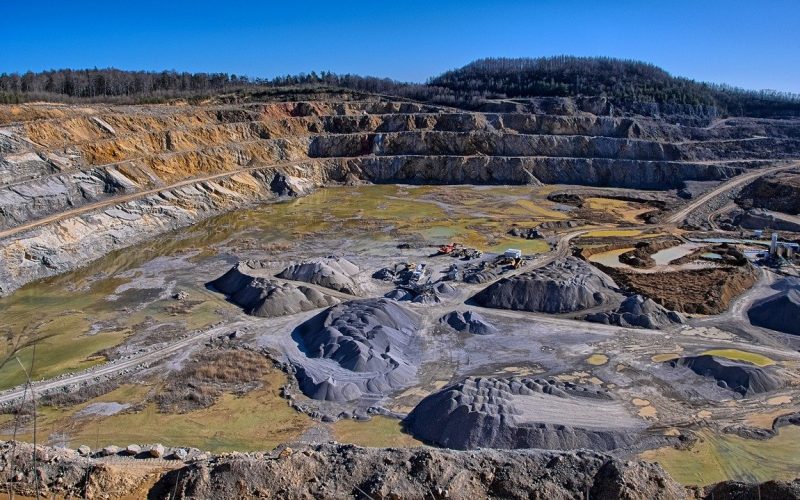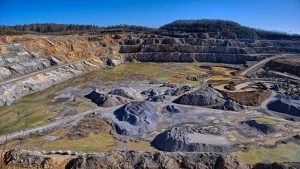Serbia is on the brink of approving plans for a major lithium mine, signaling a significant step forward for the country’s ambitions in the electric vehicle (EV) market. The project, spearheaded by mining giant Rio Tinto, has sparked both excitement and controversy, highlighting the complex interplay between economic development, environmental concerns, and the global push for sustainable energy solutions.
Background
Lithium is a crucial component in the production of lithium-ion batteries, which power many modern devices, from smartphones to electric vehicles. With the EV market booming, demand for lithium is expected to soar in the coming years, making it a strategically important resource.
The Rio Tinto Project
Rio Tinto’s proposed lithium mine in Serbia is poised to be one of the largest in Europe, with the potential to significantly boost the country’s economy. The project, located in the Jadar Valley, is estimated to hold vast reserves of lithium, as well as other valuable minerals such as boron.
Environmental Concerns
However, the project has faced fierce opposition from environmentalists and local communities. Critics argue that the mine could have devastating effects on the region’s ecosystem, including the destruction of habitats and pollution of water sources. They also point to Rio Tinto’s track record of environmental violations in other parts of the world.
Government Approval
Despite these concerns, the Serbian government looks set to approve the project, viewing it as a key driver of economic growth and job creation. Officials have emphasized the importance of balancing environmental protection with economic development, stating that stringent environmental standards will be enforced.
Analysis Table
| Aspect | Description |
|---|---|
| Economic Impact | The project is expected to bring significant economic benefits to Serbia, including job creation and increased export revenue. |
| Environmental Impact | There are concerns about the environmental impact of the mine, particularly in terms of habitat destruction and water pollution. |
| Social Impact | The project could have both positive and negative social impacts, such as job creation and potential displacement of local communities. |
| Regulatory Environment | The Serbian government has indicated that strict environmental standards will be enforced, but concerns remain about enforcement and oversight. |
| Global Market Dynamics | The project is part of a broader trend of increased lithium production to meet growing demand from the EV market, highlighting the global importance of such projects. |
Comparative Table
| Aspect | Serbia’s Lithium Mine | Other Lithium Mines |
|---|---|---|
| Economic Impact | Significant job creation and economic growth expected. | Similar economic benefits have been seen in other regions with lithium mining. |
| Environmental Impact | Concerns about habitat destruction and water pollution. | Environmental impacts have been a concern in many lithium mining projects. |
| Social Impact | Potential positive impact on local communities through job creation. | Social impacts have varied in other lithium mining regions. |
| Regulatory Environment | Serbian government has promised strict environmental standards. | Enforcement of environmental regulations has been a challenge in some other regions. |
| Global Market Dynamics | Serbia’s project is part of a broader trend of increased lithium production. | Other regions are also ramping up lithium production to meet global demand. |
Conclusion
The approval of Rio Tinto’s lithium mine in Serbia represents a significant development for the country’s economy and its role in the global lithium market. However, the project also underscores the importance of balancing economic development with environmental and social considerations. The coming years will be crucial in determining the ultimate impact of the mine on Serbia and its people.











